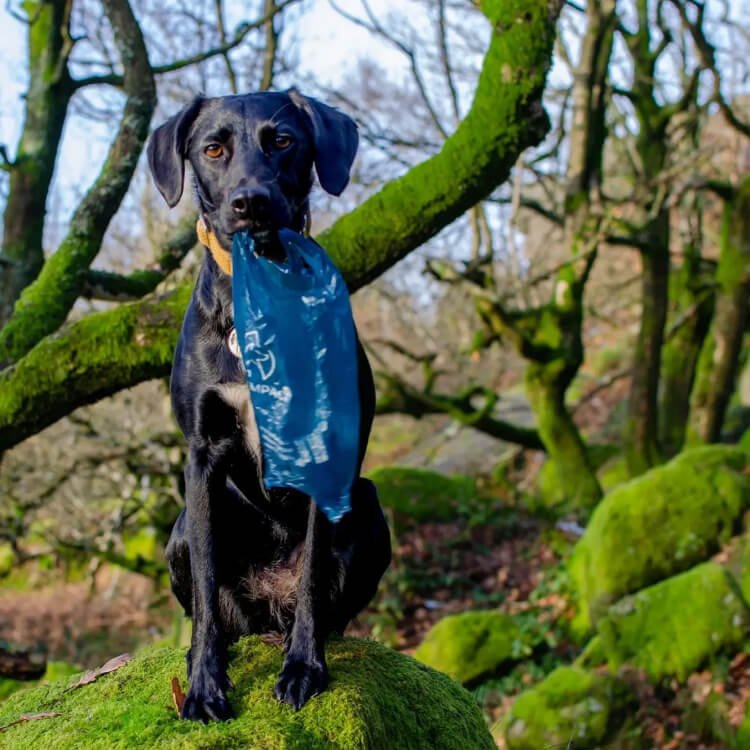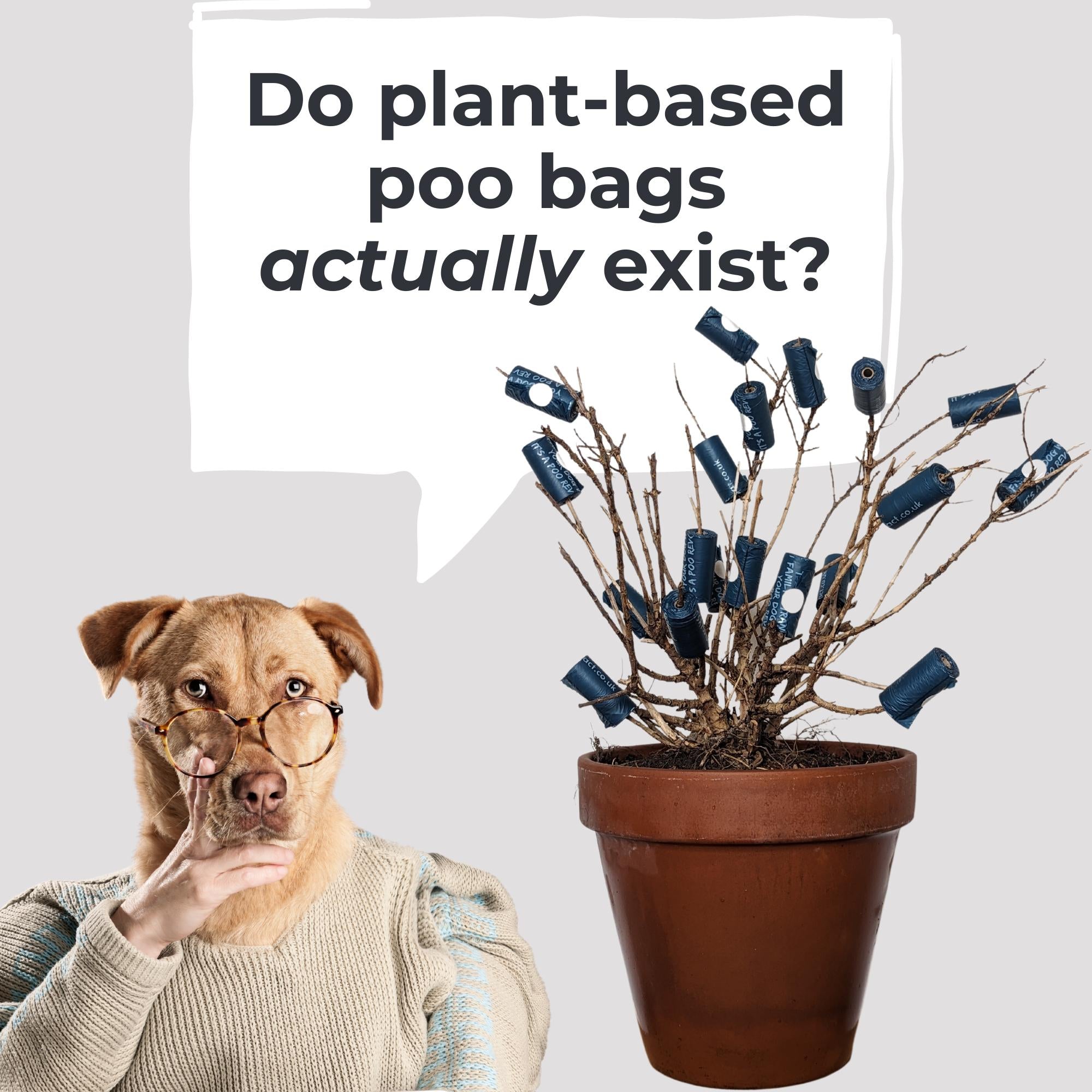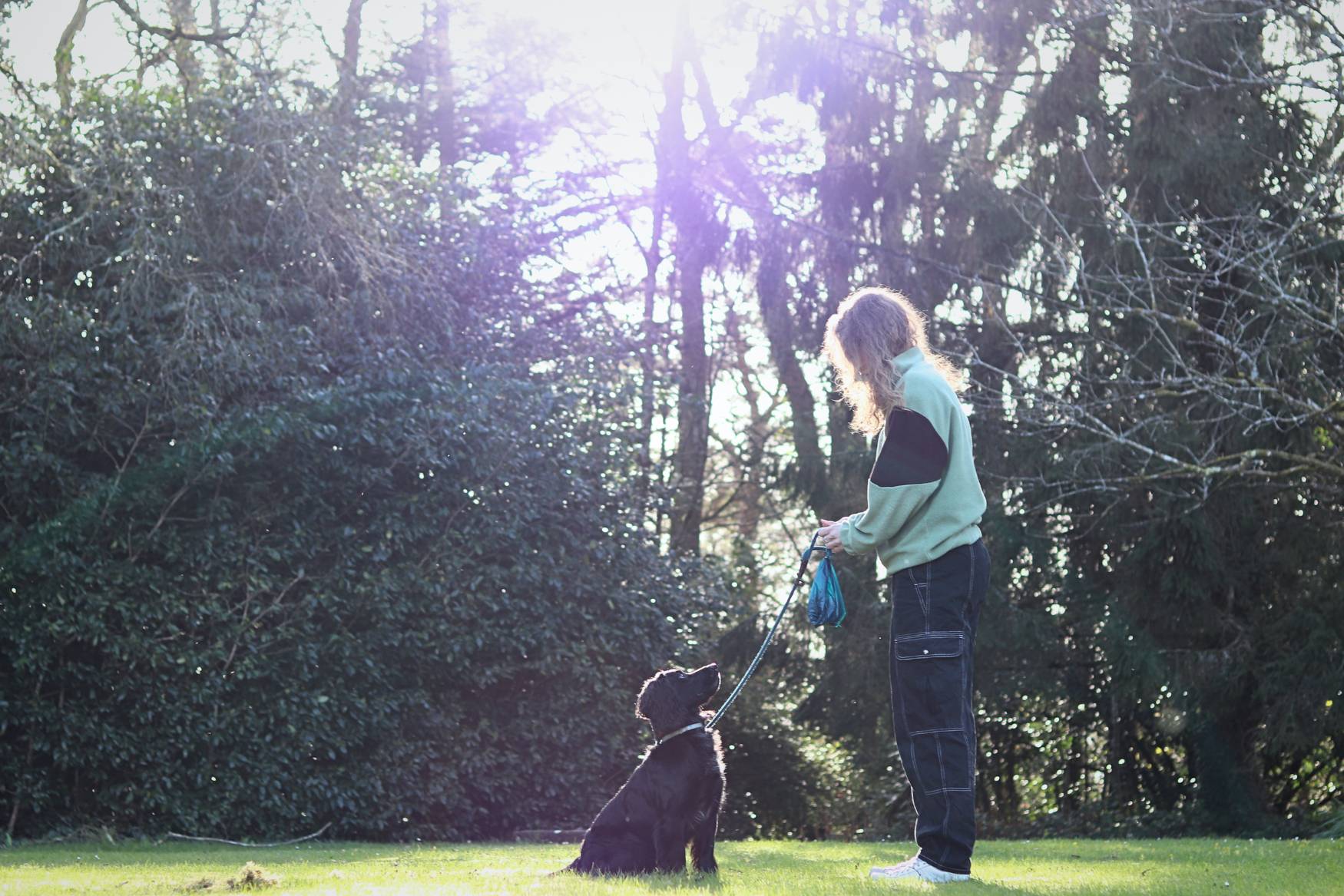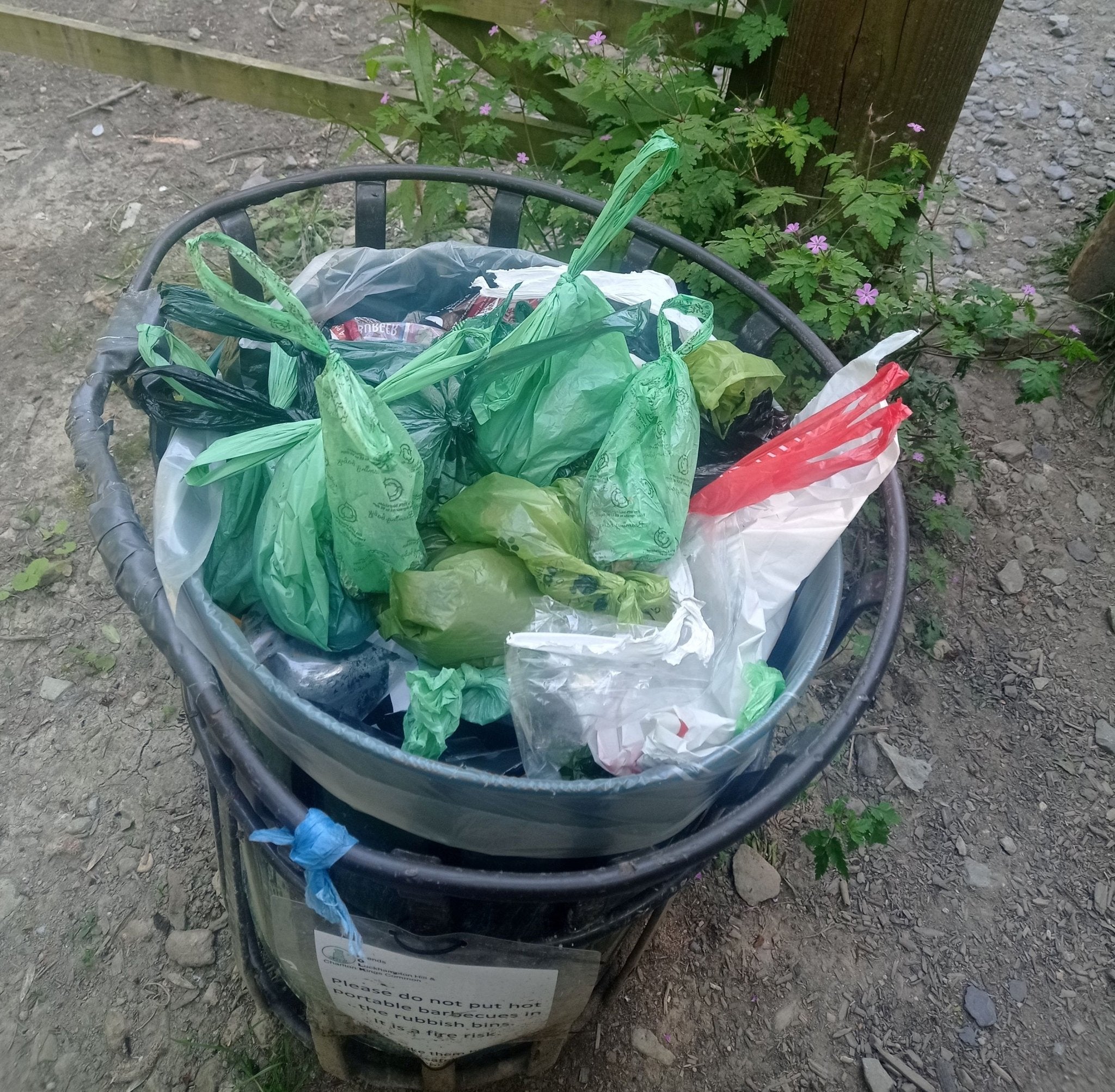Dog ownership is a great source of companionship, love, and joy, but it also comes with its fair share of responsibilities. One of the most unpleasant duties of dog ownership is dealing with their waste! Dog poop is not only unsightly and smelly, but it can also pose a health hazard to humans and other animals. For this reason, it's important to consider safe and environmentally-friendly ways to dispose of dog waste.
Composting dog poo is one solution that has gained popularity in recent years. It involves collecting dog waste in a designated bin or composter, along with other organic materials such as leaves, grass clippings, and food scraps. Over time, the composting process breaks down the waste and transforms it into a nutrient-rich fertilizer that can be used in gardens and landscapes.
While composting dog poo might seem like an easy and eco-friendly solution to the problem of dog waste, there are several factors to consider before jumping on the bandwagon.
- Firstly, not all dog waste is created equal. Dogs that are fed a diet of high-quality dog food without artificial flavourings or preservatives will produce waste that is more conducive to composting than dogs that eat a lot of processed foods. Dog's fed raw diets may be at a higher risk of shedding pathogens. Also dogs on long-term medications may excrete these medicines via their faeces which may effect the quality of the resulting compost and even impact insects and other wildlife. Also, certain breeds of dogs produce more waste than others and composting takes time, so it's important to consider the volume of waste your dog generates before committing to composting!
- Secondly, it's essential to compost dog poo correctly to ensure that harmful pathogens are destroyed, so it takes a bit more effort and time than other composting. Dog faeces can contain a variety of harmful bacteria and parasites, including E. coli, salmonella, and roundworms, which can pose a significant health risk to humans, especially children, and other animals if not properly handled. For this reason, it's crucial to follow the correct procedures for composting dog waste, including using a high-temperature composting process, ensuring it reaches at least 60°C for several days and avoiding using the resulting compost on edible crops.
- Thirdly, composting dog poo requires a dedicated space, time and equipment, which may not be practical or feasible for all dog owners. A large backyard or garden area away from water courses and where children play is necessary to accommodate a composting bin. The bin must be regularly maintained and turned to ensure that the composting process is working correctly. It should be composted separately to other composting activities.
- Lastly, there's the issue of poo bags. New research has shown that when it comes to compostable and biodegradable plastics, there's a bit of a mismatch between theory and reality. The Big Compost Experiment by UCL found up to 60% of certified home compostable poo bags don't reliably biodegrade in home compost. The bags themselves also don't add any nutritional value to the resulting compost. The study also found many people were (understandably) confused about biodegradable and compostable plastics, and struggled to identify which were home or industrially compostable. So you may be inclined to empty the poop out of the bags to prevent future problems or make sure your bags are at least certified to be home compostable (industrially compostable won't biodegrade in home compost conditions) and that you follow strict composting standards.
In conclusion, while composting dog poo can be a sustainable and environmentally-friendly solution to the problem of dog waste, it is not a one-size-fits-all solution. Dog owners should carefully consider their individual circumstances before deciding whether composting is a feasible option for them. Ultimately, proper disposal of dog waste is essential to ensure the health and safety of both humans and the environment.
-
References:
https://www.circularonline.co.uk/wp-content/uploads/2022/11/Big-compost-policy-briefing-November-2022-FINAL.pdf
https://bioplasticsnews.com/2020/06/22/compostable-plastics-industrial-composting-site/






Leave a comment